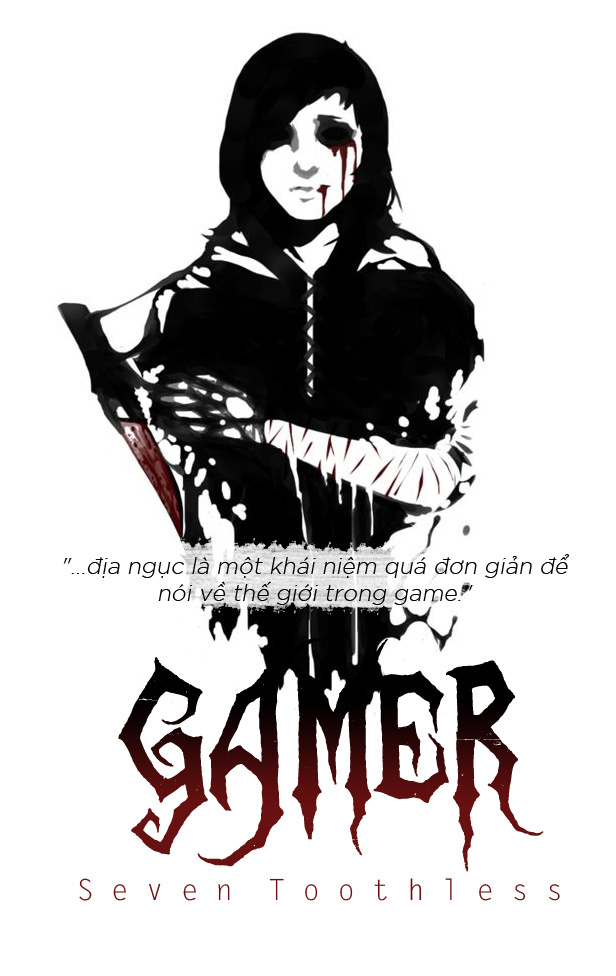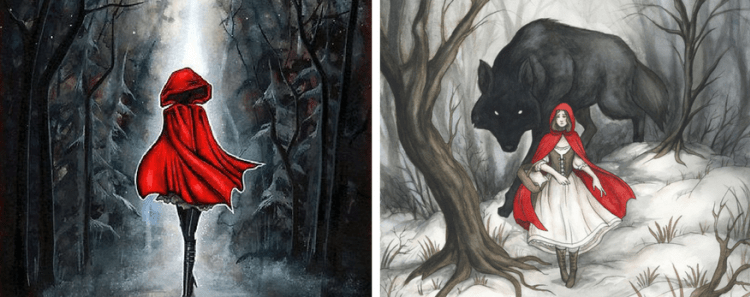
 Until 1972, the Catholic Church held a constitutionally protected “special position” in Ireland. Thank goodness. Had it not been for the convent schools and Magdalene Laundries, literature and art would have been much the poorer.
Until 1972, the Catholic Church held a constitutionally protected “special position” in Ireland. Thank goodness. Had it not been for the convent schools and Magdalene Laundries, literature and art would have been much the poorer.
At first blush, Judith Hearne and Caithleen Brady, the protagonists of The Lonely Passion of Judith Hearne by Brian Hearne and The Country Girls by Edna O’Brien have little in common. Judith is a 40-year-old spinster from Belfast. Caithleen ages from 14 to 18 during the course of the novel. She lives in rural County Clare then moves on to Dublin. Judith is plain but possesses the remnants of urban gentility. Caithleen is a clever beauty but remains a “country girl.”
But both suffer from living in a paternal, and indeed, misogynist culture. Both are products of convent school and come to find little comfort in their Church. Both live in a society in which domestic violence and alcoholism are almost a casual backdrop.
When we first meet Judith, she has just moved into a threadbare room in a boarding house. She adorns her newest room with her only personal items: a photograph of her dead, disapproving aunt and a picture of Jesus. On first impression, Judith presents as a devout lady reduced to genteel poverty, plain and socially awkward, who stares at her shoes and fantasizes about romance as she gazes into the mirror. As we learn more about Judith, we cringe with every sentence, appalled by Judith’s unquenched longing for companionship and the events in the past that have caused her to live an unlived life. We’re told that Judith’s chances of a secretarial career were ended by the demands of her invalid aunt. She supports herself with a small inheritance, a shrinking number of piano pupils, and up to now, an embroidery class. Her closest friend has been hospitalized. She has weekly tea at the O’Neills, whom she regards as friends, and whose interest in her eyes validate her remaining claim to gentility.
However, we come to see Judith’s desperate loneliness. She seizes crumbs of kindness from her landlady’s brother, Mr. Madden. Her imaginings of romance with Mr. Madden are disturbing in themselves: “He put his dressing-gown on and sat down in his armchair and she went to him prettily, sat on his knee while he told her how things had gone that day. And he kissed her. Or, enraged about some silly thing she had done, he struck out with his great fist and sent her reeling, the brute. But, contrite afterwards, he sank to his knees and begged forgiveness.” She mistakes the O’Neills’ pity for friendship, even as the O’Neill children mock her behind their hands.
Judith’s loneliness is gut-wrenching and becomes all the more heart-breaking when she learns that her fantasized romance with Madden was a delusion. She calls upon her Church for comfort, but it offers her only confession not consolation. The unsympathetic priest wants only to dispose of her quickly. When she breaks into the Church to see for herself the miracle of transubstantiation, she concludes that the Eucharist is “only bread” and that her life of devotions has been meaningless. “If I am alone it does not matter what life I lead. It does not matter. And if I die I am a dead thing. I have no eternal life. No one will remember me, no one will weep for me. No one will reward the good I have done, no one will punish the sins I have committed. No one.” As we see Judith’s faith unravel, we also discover that Judith’s lonely passion is alcohol. It’s why she has had to move from one boarding house to another and why the number of her pupils have dwindled. Dame Maggie played Judith in the movie. Seems she had a monopoly on playing twisted spinsters.
While The Lonely Passion of Judith Hearne slowly unpeels the heart-breaking distress of its protagonist, the fourteen-year-old Caithleen Brady we meet on the very first page of The Country Girls quakes in fear. Her abusive and improvident father is on a binge. She and her mother are afraid that he will return and that they will become the objects of his violence. During the course of the first, miserable day described in The Country Girls, Caithleen learns that the family is about to lose their home because her father has mortgaged it beyond redemption; that she has won a scholarship to convent school; and that her mother has drowned, in apparent attempt to escape her violent and drunken husband. Caithleen moves in with her “frenemy” Baba Brennan, a strong personality who alternately befriends and bullies Caithleen. Caithleen’s father returns, only to punch Caitleen.
Like Judith, Caithleen seeks escape in romance. She becomes infatuated with a neighboring, married landowner whom she dubs “Mr. Gentleman.” Mr. Gentleman, in turn, is only too glad to arrange secret encounters so he can grope and kiss Caithleen. Somewhat creepily, they pretend that Mr. Gentleman is Caitlheen’s father. At convent school, while Caithleen continues to soar academically, Caithleen and Baba experience misery only exceeded by that undergone by Oliver Twist. Baba instigates a plan for their expulsion. When they return to the Brennan household, Baba’s father scolds Caitleen for sabotaging her future: “You know, Caithleen, ’tis a great pity. You were clever at school You would have gone far. Why did you undermine your whole future?” He sadly remarks, “Poor Caithleen, you’ve always been Baba’s tool.”
With Baba, Caithleen moves to Dublin. Baba hunts down wealthy husband candidates. Caithleen works in a grocery and renews her romantic relationship with Mr. Gentleman. Predictably, Mr. Gentleman breaks off the relationship after his wife finds out about the affair and he’s threatened by Caithleen’s father.
Both these novels tell sad stories about an unequal society. From today’s standpoint, it is troubling that Judith and Cathleen feel a need to define themselves by a man. But then again, the persistent groping and kissing that occur in The Country Girls between grown men and adolescent girls as payment for the smallest favor would today be criminalized, as would the sexual abuse of the serving -girl by the males in Judith’s boarding house. An older woman, Judith probably lacked an alternative. Caithleen reacts to a horrid childhood by ruining her chances to attend a university and by pursuing a doomed relationship with a married, middle-aged man. Both women spiral toward self-punishment: Judith with drink and Caithleen with poor choices.
The writing in both novels is marvelous. Moore uses concise, incisive prose. O’Brien’s telling evokes girlhood innocence followed by girlhood sexual awakening. Both of these short gems share the distinction of having been banned by the Irish government. Both deserve a second chance.
Advertisements Share this:





